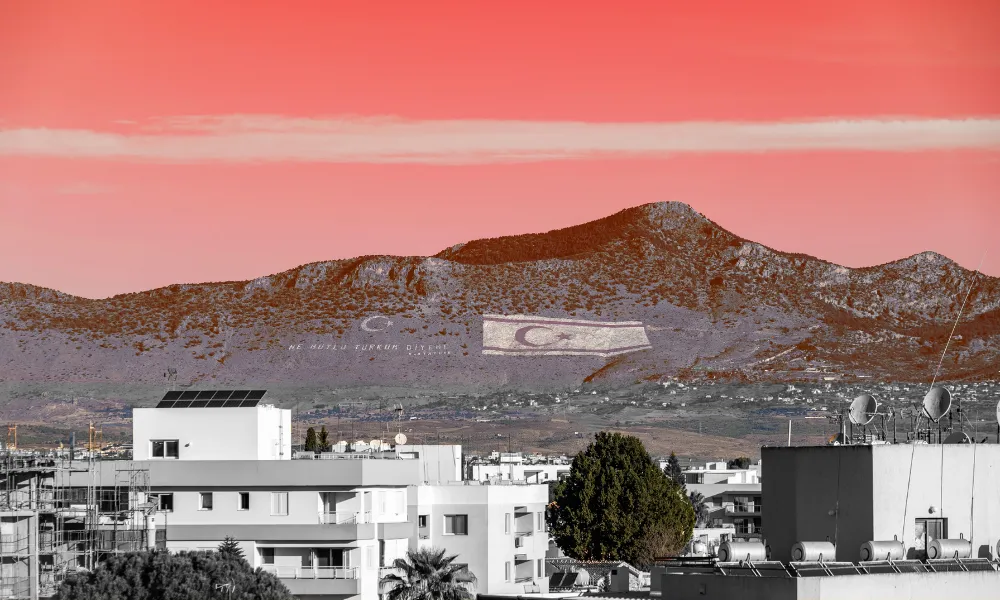The Turkish daily Hürriyet claims that immediately after the election of new Turkish Cypriot leader Tufan Erhürman, the Republic of Cyprus carried out a series of “hostile actions” against Turkish Cypriots and Turkey.
According to the report, within a single week following the elections in the north, Nicosia “finalised a maritime border agreement with Lebanon in the Eastern Mediterranean, persuaded the European Parliament to approve the construction of a monument for Greek Cypriot missing persons, blocked Turkey’s participation in the EU defence programme SAFE together with Greece, and sentenced to five years in prison a businessman who had invested in the occupied territories.”
The newspaper described these moves as a “provocative Greek Cypriot-style welcome” for the new Turkish Cypriot leader.
The European Parliament monument dispute
Hürriyet alleged that the European Parliament approved a proposal by Greek Cypriot MEPs for the creation of a monument exclusively dedicated to Greek Cypriot missing persons, ignoring as the paper claimed, the 492 Turkish Cypriots who were killed or went missing before 1974.
The article referred to an amendment tabled by Cypriot MEP Michalis Hadjipantela, under which the European Parliament will examine the possibility of building a monument for the victims of the 1974 Turkish invasion, including those still missing.
The Turkish Cypriot leader, the report added, condemned the move “in strong terms,” accusing both Nicosia and the European Parliament of bias.
The Hürriyet report noted that Lebanon’s government recently ratified the maritime delimitation agreement signed with Cyprus in 2007, which had remained inactive for 18 years due to Turkey’s objections. The move, it said, “rekindles debate over energy sharing in the Eastern Mediterranean.” It also reminded readers that Cyprus has signed similar agreements with Egypt (2003) and Israel (2010).
Turkey’s exclusion from EU defence programme
According to the paper, Cypriot President Nikos Christodoulides said that Greece and Cyprus successfully blocked Turkey’s participation in the EU’s SAFE defence programme, arguing that “a country occupying or threatening an EU member state cannot take part.”
The report added that Athens set as a condition for any progress the removal of the casus belli declared by the Turkish Grand National Assembly against Greece’s potential extension of its territorial waters to 12 nautical miles.
Sentencing of investor in the north
Hürriyet also referred to the five-year prison sentence imposed by the Nicosia Permanent Criminal Court on businessman Simon Aykut, who admitted to investing in properties owned by Greek Cypriots in the north.
The newspaper claimed that Aykut, who holds both Israeli and Portuguese citizenship, “was detained for a year and tried with the aim of discouraging foreign investors” from doing business in the occupied territories.
Source: CNA
